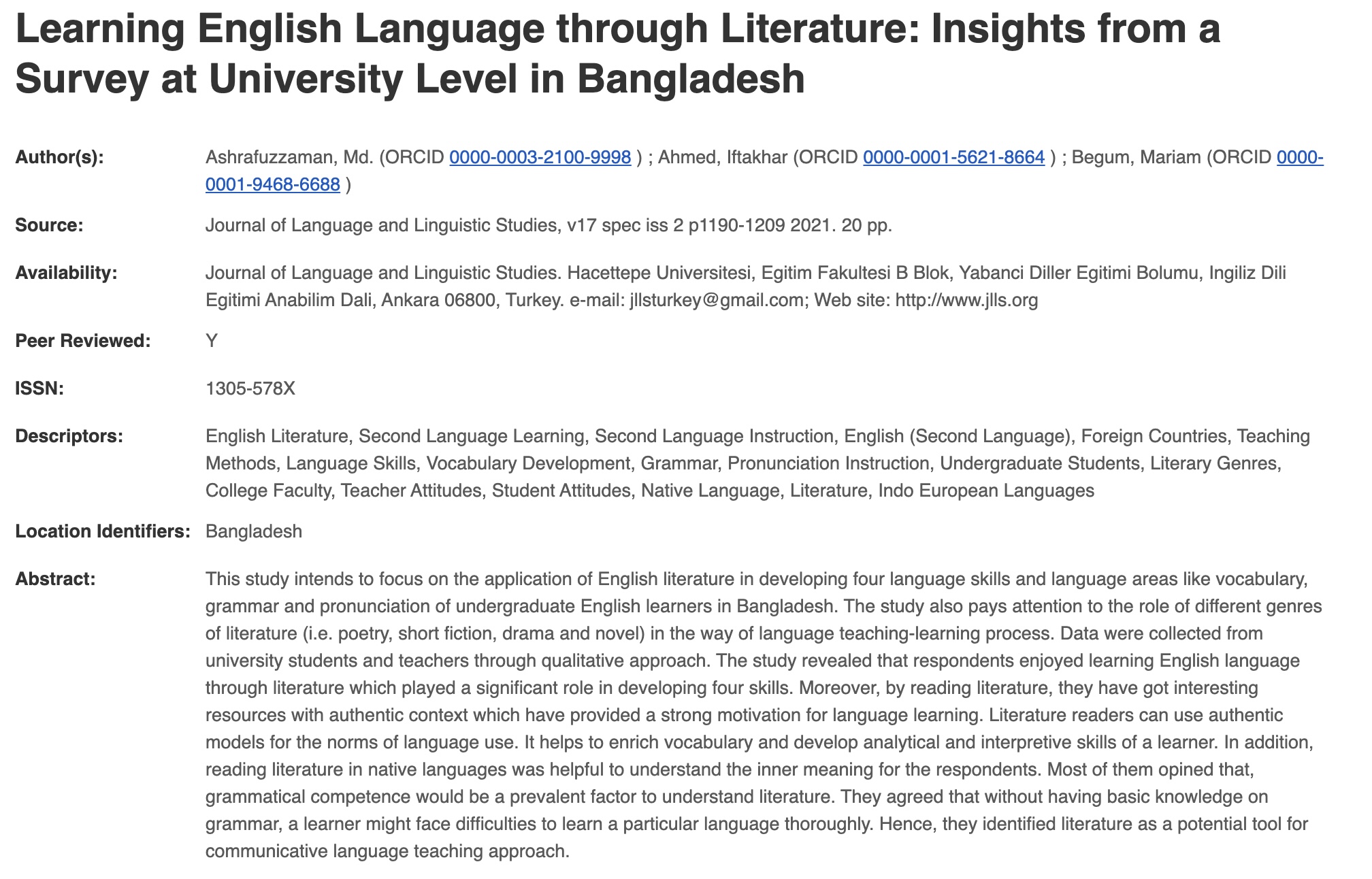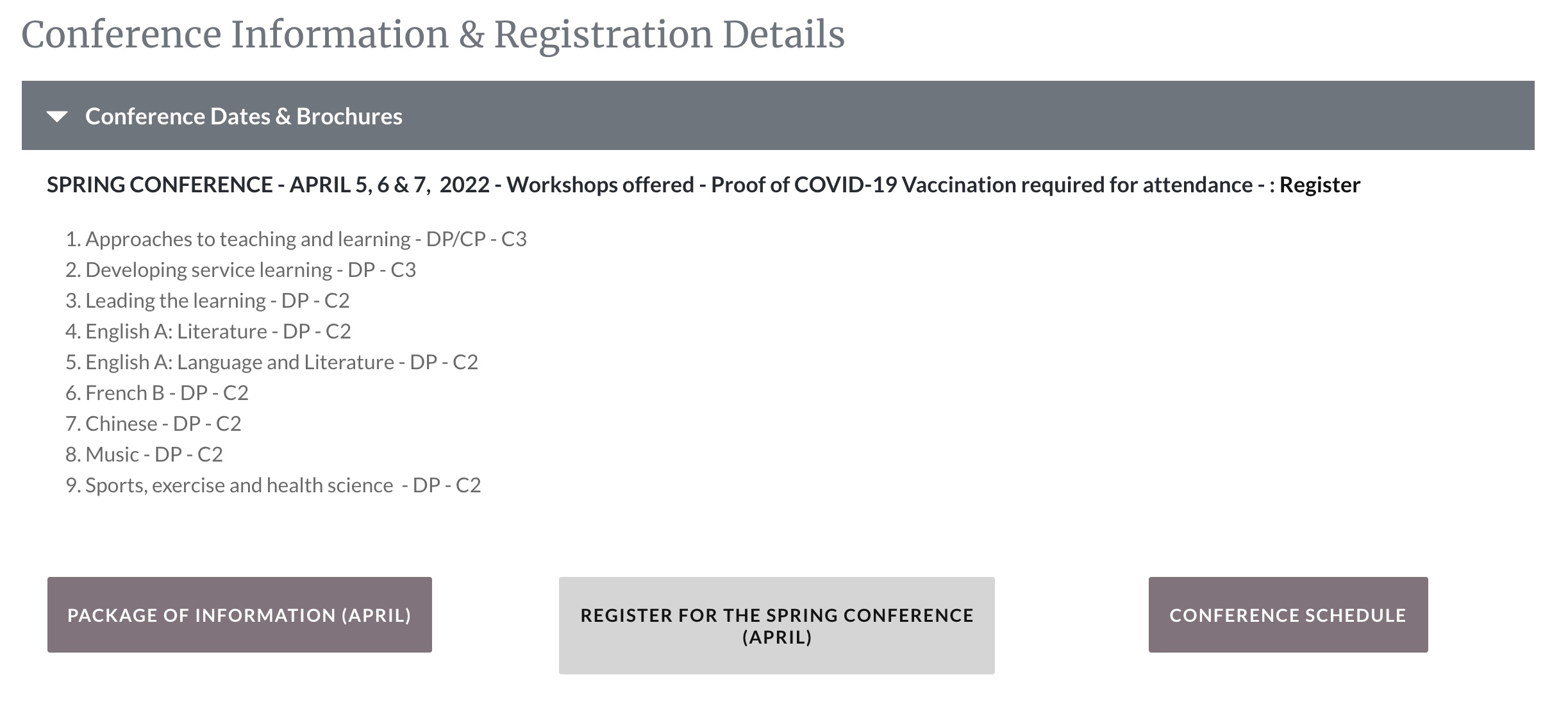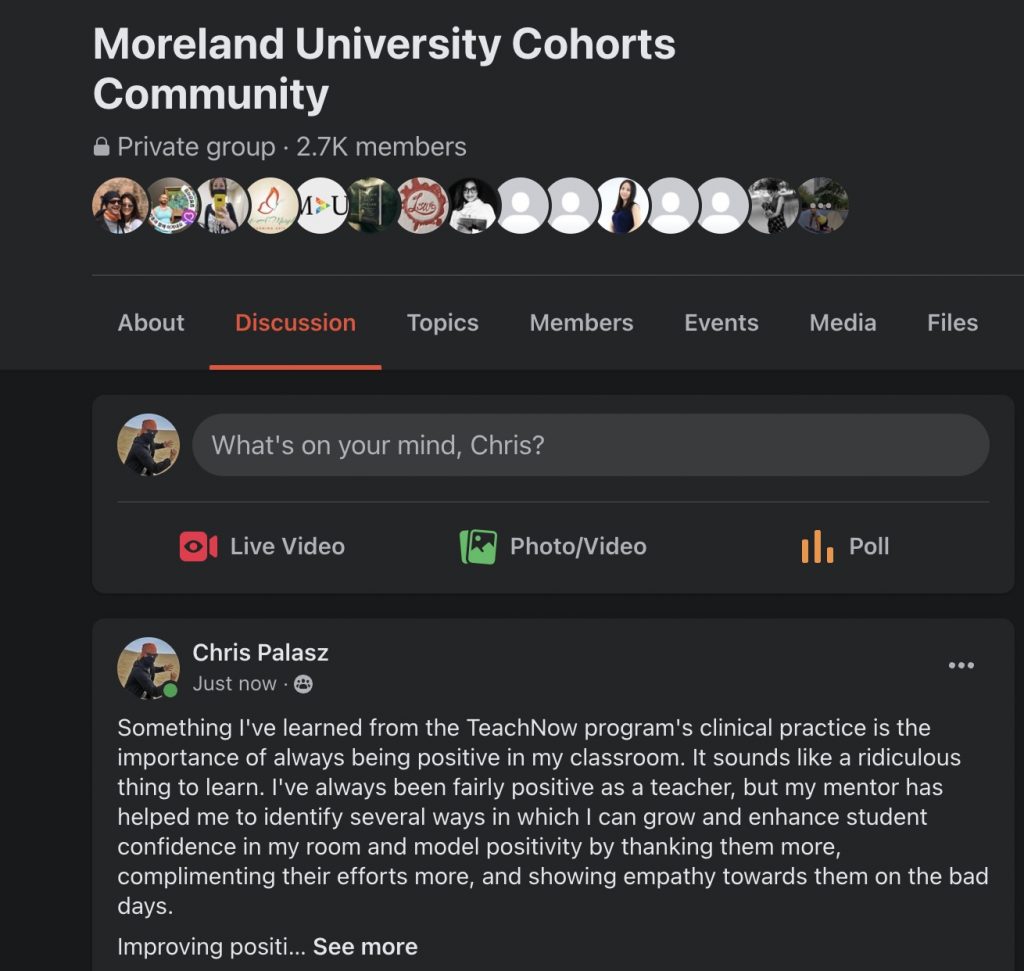Moreland University: TeachNow Program
Module 8: Unit 9 Scavenger Hunt!
Scavenger Hunt Instructions: Complete the following items. Take a picture as evidence of completion. Keep a record of your artifacts.
1. Get academic: Share a recently published academic article or journal in your subject area that you would like to read and why.
I would like to read the following article in my subject field of English Literature which discusses the impact of learning the English language through literature. I briefly skimmed this research article and it seemed interesting and relevant since I teach at an international school in China where students are almost all non-native English speakers. One thing to note about why this article is interesting to me is because the ideas come from the students, so knowing how literature is received by students will be useful to help guide my teaching practices.

https://search.ebscohost.com/login.aspx?direct=true&db=eric&AN=EJ1288326&site=ehost-live
2. Develop professionally: Share an upcoming conference or academic event that you would like to participate in and why.
I would like to attend this IB Conference in New York for teachers. Specifically sections: 1, 2, 5
This conference is run by the IB and takes place face-to-face. I’m interested in meeting and networking with other IB educators and to finally do a face-to-face workshop, which I’ve heard is much more rewarding than the online workshops.

https://www.unis.org/ib-conference
3. Build life skills: Host a scavenger hunt activity for your students on life skills or social-emotional learning and take a picture of items collected by students.
*IN PROGRESS*
I like the idea of hosting a scavenger hunt for my students during House time, related to Social-emotional learning. One thing we need to do is build relationships and practice traits of Caring and Empathy. For our scavenger hunt, students will be put into groups of 4 or 5, and there are roughly 23 students in the class. From there, the scavenger hunt task will be for each group to find, take, or make 1 picture for every other STUDENT in the class, which means that they will need to divide the work because of time limitations. The objective is for each student to receive numerous affirming pictures which make them laugh, feel happy, or feel encouraged. Pictures that are submitted for each student will be anonymous, and in the end, each student will choose up to 3 pictures as their favorite. The student who gave that picture will get a point for their group. If any picture is deemed inappropriate or offensive in any way, the person who gave that picture will receive -3 points for their group (pending the teacher’s confirmation).
The group with the most points will receive some prize.
For the purpose of this task, the scavenger hunt will probably be changed to something more simple, but the above scavenger hunt will take place at an appropriate time.
4. Create awareness: Implement an activity with students to overcome any one stereotype towards culture, ethnicity, gender, or learning differences.
For this task, I will ask students in my class to consider the topic of Freedom (or they can opt to use women or black people as their topic) and to identify a common notion or stereotype associated with their topic, and then to explain why they believe it’s not true. They will be encouraged to also choose a picture or visual representation of why they believe it’s not true, if possible.
5. Create a memory: Take a picture with your cohort with any educational prop.

6. Find common ground: Show pictures of a hobby or interest that you share with a teacher colleague at your school. (e.g. pictures of you and your colleague trekking)
I like to play tennis with a couple of my colleagues at our school. We have a tennis court that doesn’t get used much, so on occasion we can get together and play some games on the weekend or after work.

7. Get social: Add a post on the Facebook Cohorts community page with one important thing you learned during your clinical practice.

https://www.facebook.com/groups/TeachNowCohorts/posts/4769028299795082/
8. Share an achievement: Share the biggest learning challenge you faced in the program and how you overcame the challenge.
One challenge I have had from this program has been identifying approaches to teaching in my lesson plans and intentionally incorporating varied approaches. That’s not to say that I haven’t been doing that all along, but when making a lesson plan, schools can want to see those approaches listed in order to know that proper thought has been put into the lesson. The only way to overcome this challenge has been to just practice. Each time I make a lesson plan, it gets easier. One obstacle that made it difficult is that the names for different approaches to teaching can vary depending on what educational framework you subscribe to. There is no global standard. The solution has been to just choose one standard and stick to it!
9. Get personal: Share one professional ethic that you always live by.
One professional ethic that I will always live by is to only associate myself with those colleagues of mine whom I respect professionally. For example, I will not connect with colleagues on Linked In unless I respect them professionally and I will not accept any recommendations from anyone whom I do not. As it often goes, there is a lot of horse trading going on with respect to networking, but I do not want anyone to represent me unless I respect them as a professional educator.
